Publications
Articles, publications, books, tools and multimedia features from the U.S. Institute of Peace provide the latest news, analysis, research findings, practitioner guides and reports, all related to the conflict zones and issues that are at the center of the Institute’s work to prevent and reduce violent conflict.
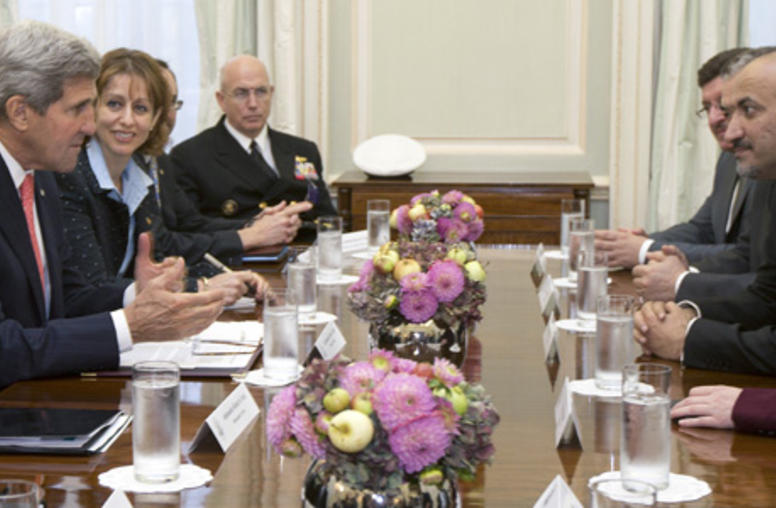
Debate Lessons
What can we learn from other peace processes that could help ease the negotiations in Geneva this January between the Syrian government and the country's fractured opposition? Many seasoned practitioners would argue that since no two conflicts are alike, it is dangerous to assume that what worked in managing one conflict will work in another. At the risk of proving the skeptics right, however, there are a few areas in which earlier conflicts might provide useful lessons for Geneva: identity i...
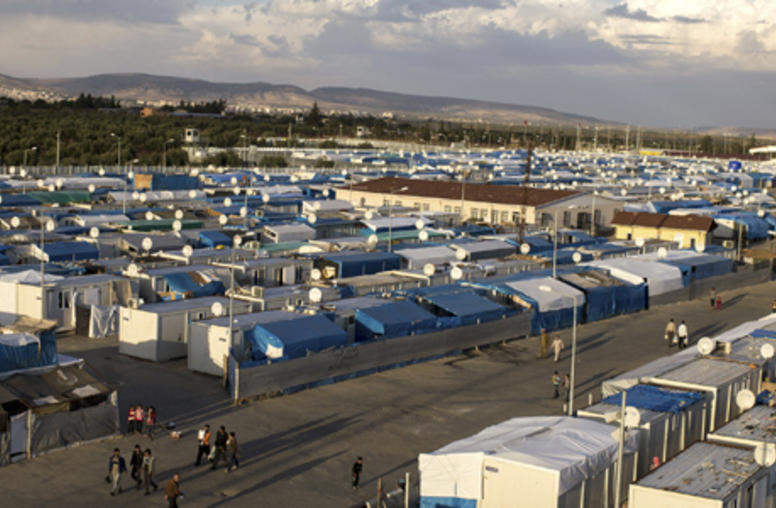
Neighborhood Watch
After nearly 30 months of conflict in Syria, millions of refugees have fled across the country's borders, and violent spillover has touched Turkey, Lebanon, Jordan, Iraq, and Israel. What has been characterized as a civil war has already morphed into a regional power struggle between Saudi Arabia and Iran and heightened sectarian polarization that is eroding stability in Iraq, Lebanon, and Jordan.
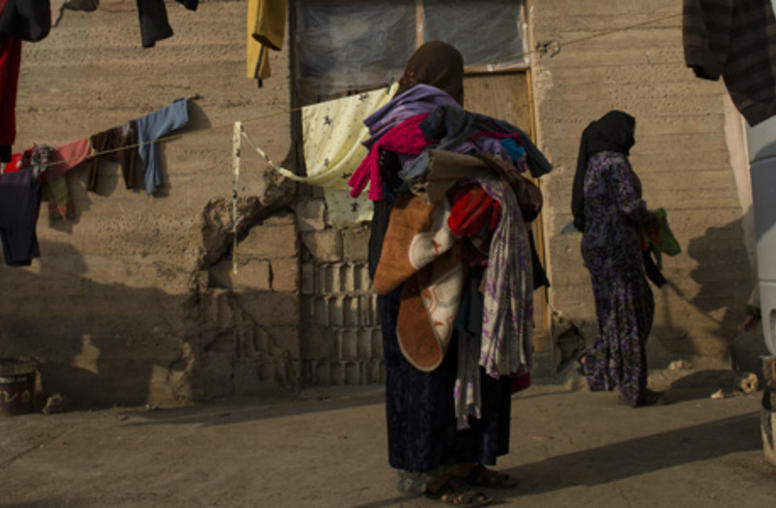
Peace Economics
The Arab Spring rebellions in Tunisia, Libya, Egypt, and Syria raise a crucial question for analysts: Why did authoritarian or kleptocratic rulers lose control over their polities? For decades, these rulers were able to use a combination of repressive and redistributive policies in order to maintain social order. Why did that order break down?
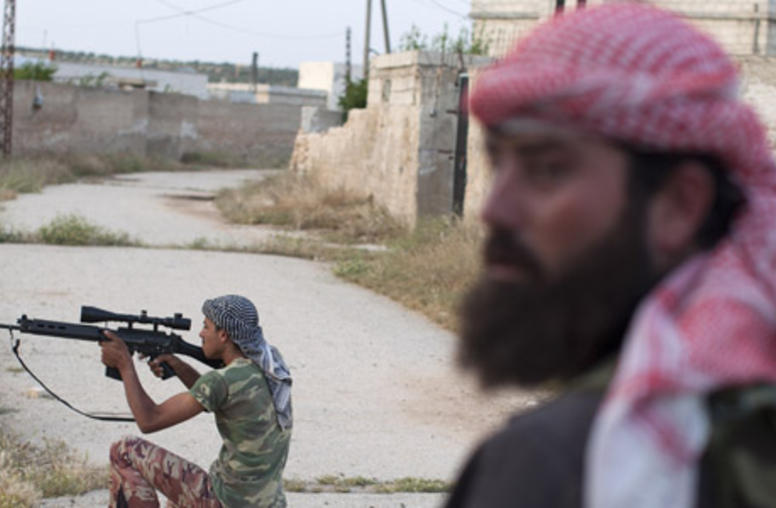
From Ceasefire to Stability
Civil war has created a nationwide security vacuum across Syria. Conflict rages in virtually every one of the country's 13 provinces. Hundreds of thousands of Syrians have been killed or wounded, and millions have been displaced, causing the worst humanitarian crisis since the Rwandan genocide in 1994.
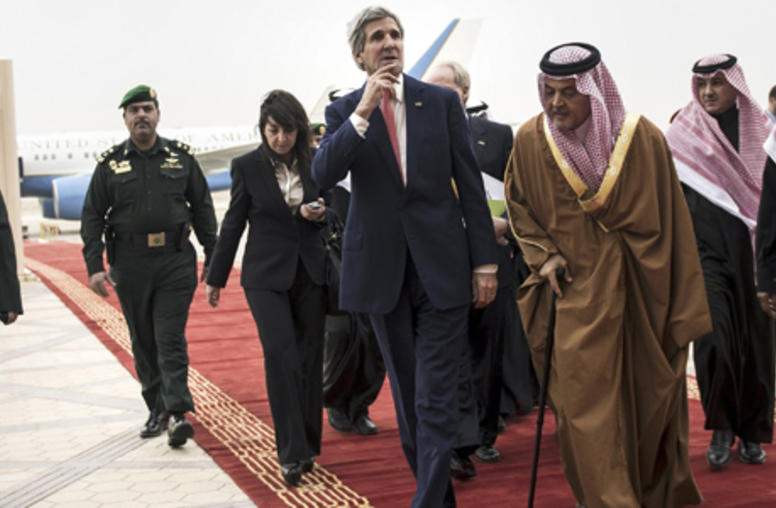
Rift Removal
The situation in Syria is dire, and there are no good options for addressing it; even the option of doing nothing is terrible, both morally and strategically. Inaction by the international community allows the killing to. Military intervention risks uncontrollable involvement without an obvious positive outcome. Although all agree that only a political solution can end the conflict, there is no agreement on the shape of such a solution.
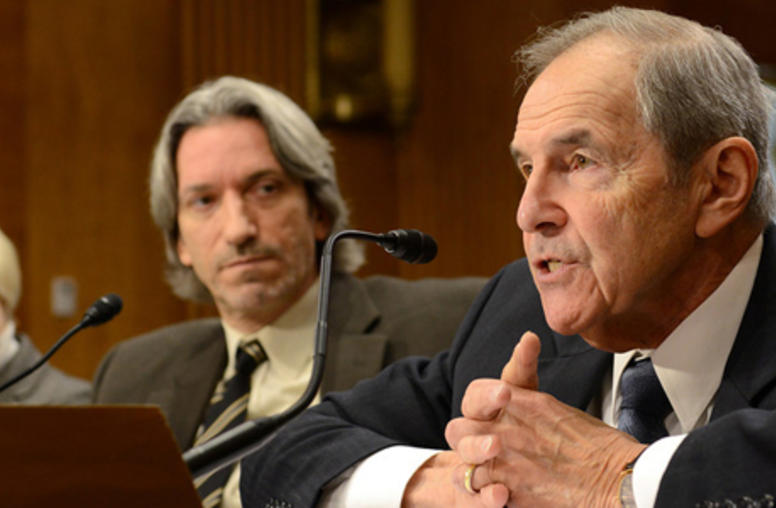
South Sudan Crisis Requires More Active U.S. Role, USIP’s Lyman Says
U.S. officials and senators warned that South Sudan’s warring leaders risk losing American backing unless they end violence that has killed more than 1,000 people in the past month, and experts such as the U.S. Institute of Peace’s Princeton Lyman urged that the international community take a more assertive role.
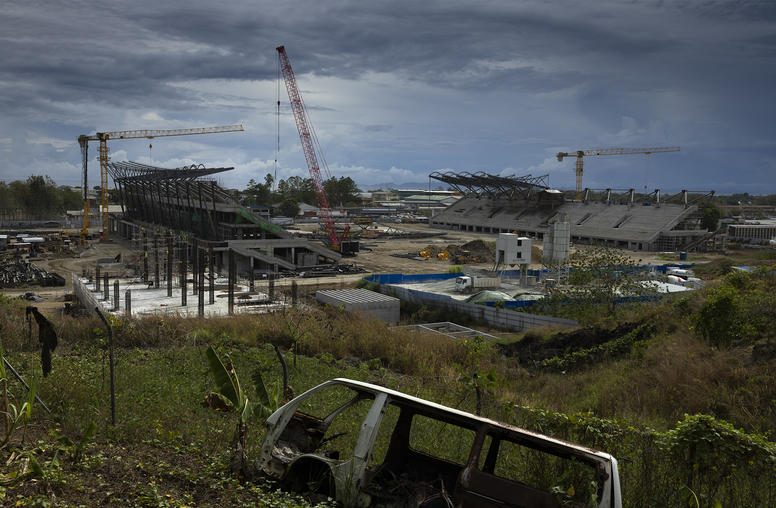
Financially Weak Pacific Island States Are Vulnerable to China
The Pacific island nation of Nauru this week switched diplomatic recognition from Taiwan to China, a move that could seem of little consequence in a largely symbolic competition between Taipei and Beijing. But the move has a deeper significance for the United States.
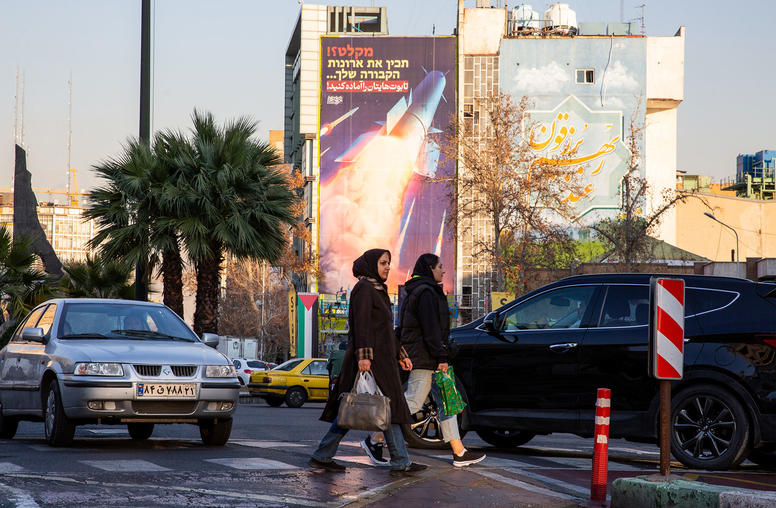
Making Sense of Iran-Pakistan Cross-Border Strikes
In a surprising turn on January 16, Iran launched missile strikes into Pakistan’s Baluchistan province, claiming it had hit two strongholds of anti-Iran insurgent group Jaish al-Adl (Army of Justice). Iran announced the attack in Pakistan concurrent to its strikes in Iraq and Syria. Less than two days later, Pakistan hit back with not only missiles but also fighter jets in Iran’s Sistan-Baluchistan province — claiming to target hideouts of anti-Pakistan ethno-nationalist insurgents operating from Iranian soil.
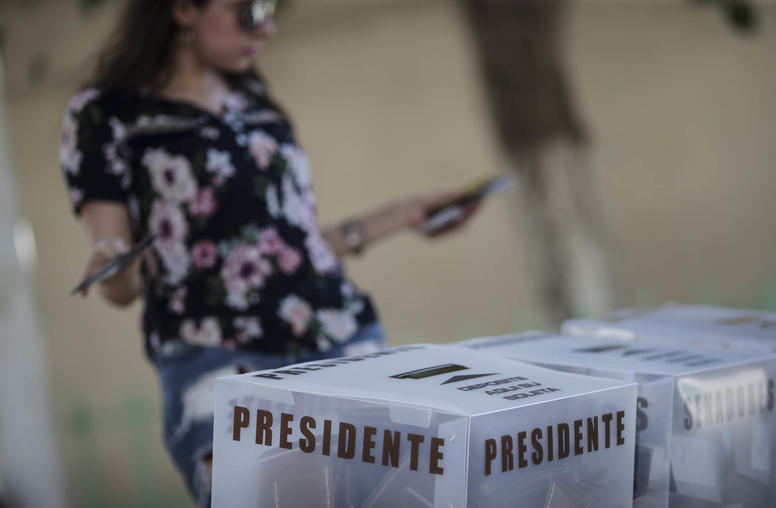
Un avance sobre las elecciones de 2024 en América Latina
En los últimos años, el sentimiento anti-oficialista se ha apoderado de la mayoría de América Latina, moviendo el péndulo electoral hacia la izquierda en México, Colombia, Honduras y Brasil, trastocando las coaliciones corruptas que durante mucho tiempo han gobernado en Guatemala y entregando la presidencia de Argentina a un autoproclamado "anarcocapitalista". Sin embargo, el 2024 podría resultar ser un buen año para los candidatos del oficialismo. En los cinco países con elecciones este año —El Salvador, Panamá, República Dominicana, Uruguay y México—, los aspirantes de los partidos gobernantes, al menos hasta ahora, encabezan las encuestas.
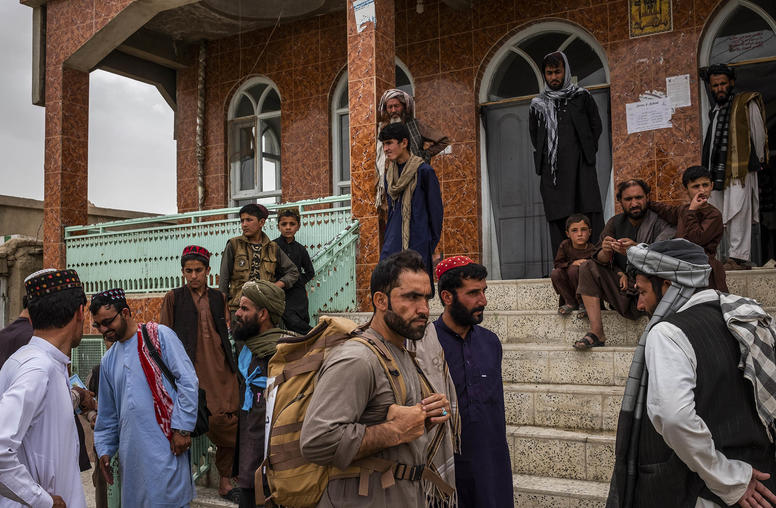
In Religious Conflicts, Bolstering the Role of Military Chaplains
In the 2020s, how urgently should the U.S. military prepare to address religious facets of armed conflicts? Violence from Beirut to the Red Sea this month threatens to spread the Israel-Hamas war regionwide. Violence fueled through religious identities and extremisms also afflicts Asia and Africa. Russia manipulates religion to justify its invasion of Ukraine. However, simultaneously, religious ideas can help resolve conflicts. The United States should seize a current opportunity to improve its ability to navigate the religious terrain of conflicts with enhanced training and roles for an often under-appreciated resource: military chaplains.